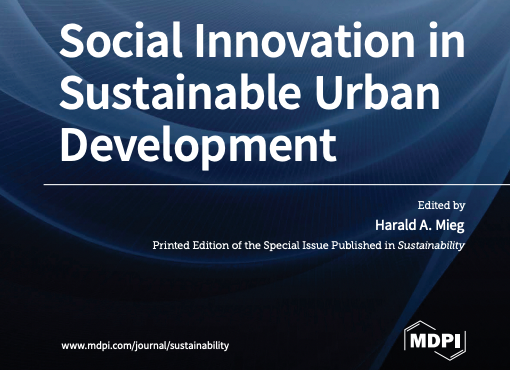ABSTRACT:
Civil society actors engaged in social innovation supporting activities provide crucial services that address unmet social needs and empower communities. Yet, creating a resilient framework that not only supports their activities but helps to sustain them as an organization is often difficult. It necessitates resilience strategies that help them survive and overcome crises even without former institutionalization. The paper identifies three distinct strategies that can be followed: adaptability, diversification and ecosystem building. While all three represent different ways of resilience, the latest provides the most complex safety net, allowing bottom-up organizations and partnerships to share resources, develop complementary services and sustain social innovation. Choosing the time of the first COVID-19 pandemic and the ensuing lockdown for the analysis, the paper illustrates with eight selected case studies how these strategies enfold during a crisis. The paper analyses the activities of different civic initiatives, gauging their capacity to adapt flexibly to radically new situations. While doing so, it brings together the concept of social innovation and resilience and enriches resilience studies with a less frequently found focus on small, civic initiatives.


